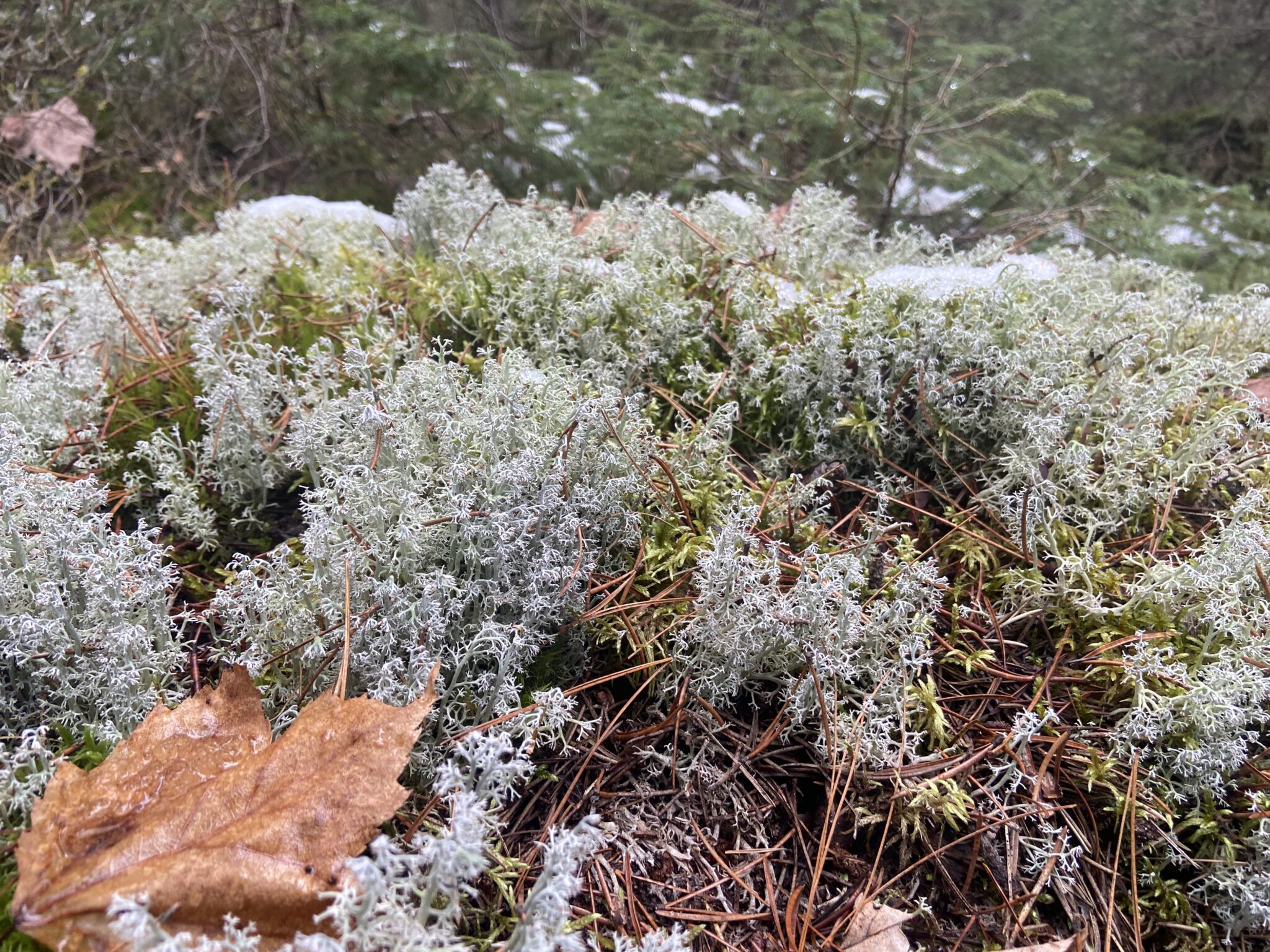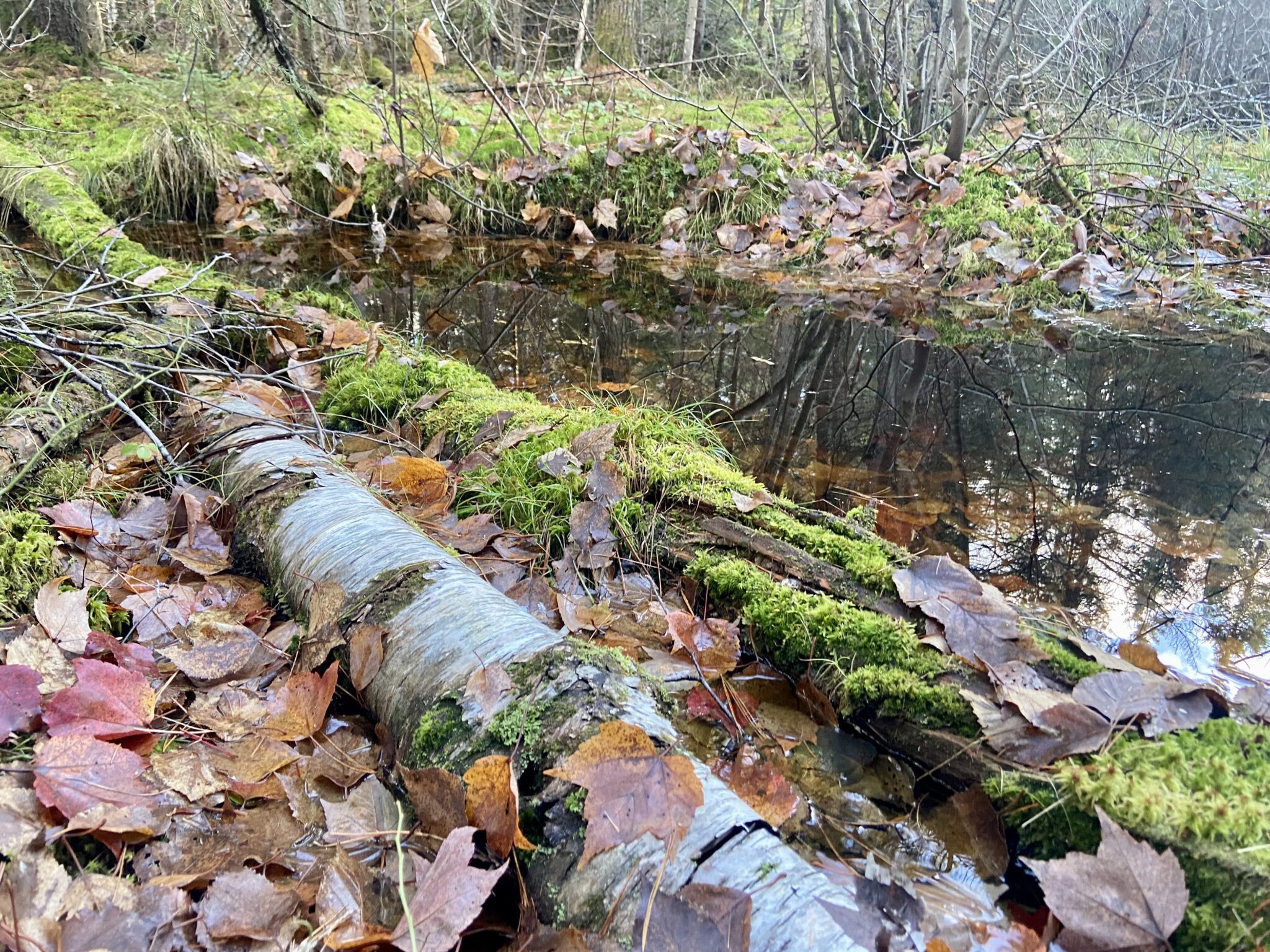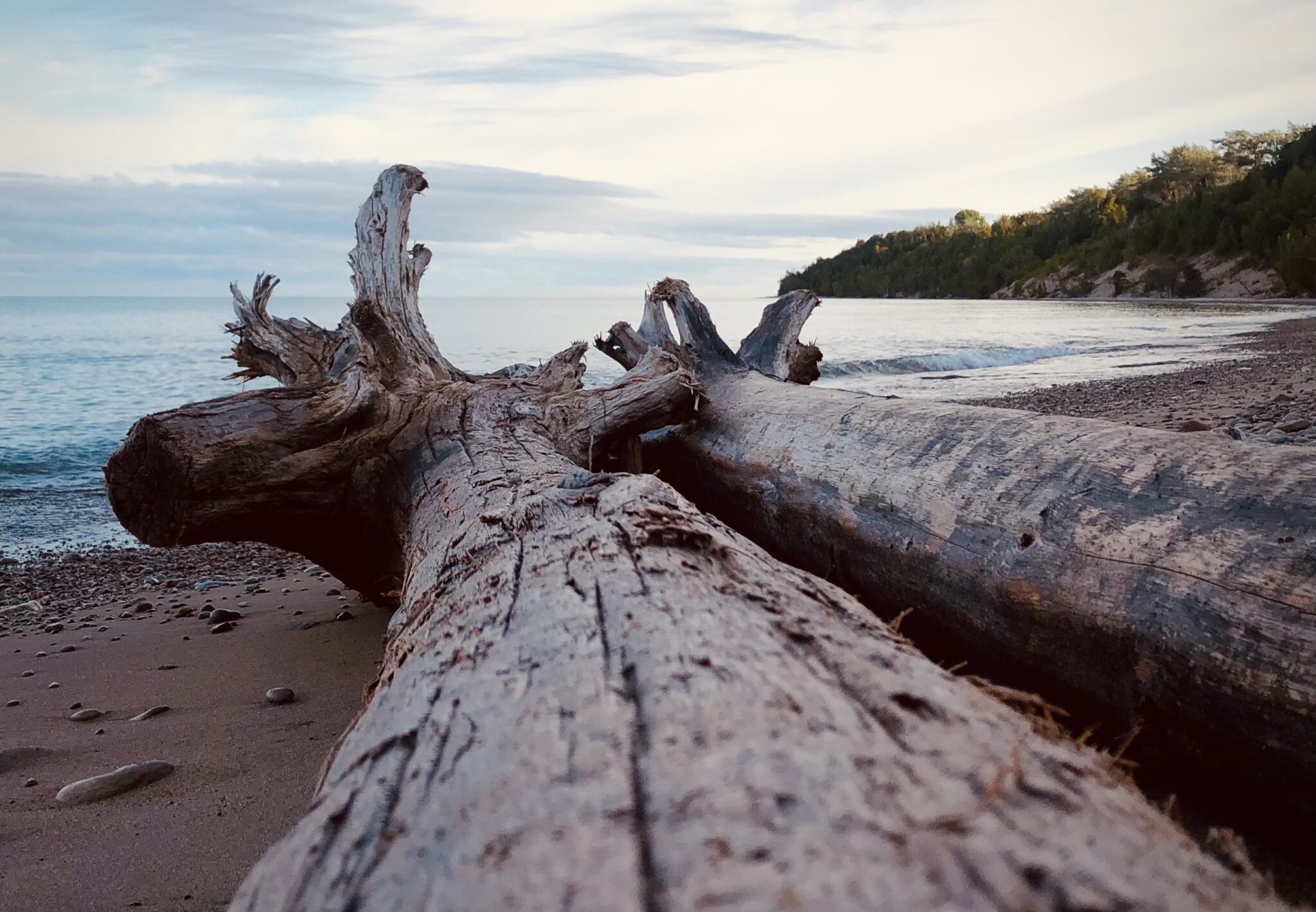Posts Tagged ‘Cancer’
Keeping Records
By Alyssa Warmland
I pulled the photos out of their envelope one at a time, turning over each one to carefully record the date, place, and people in the photo. Sometimes, I included comments. “Apple picking in Hamilton with Pop Pop, Fall, 2023. You loved the wagon ride!”. I slipped each picture into an empty pocket in my son’s photo album.
Next, I pulled out the baby book I’ve kept since before he was even earthside. I flipped to a page at the back to record an appointment, a new adventure with a forest homeschool group, and milestones.
When I tell other people my age about these rituals, they tend to share that they wish they were better about printing pictures and writing in their kids’ baby books. I’ve always enjoyed documentation, an avid journalkeeper as long as I’ve been able to write. I’ve considered this another extension of that interest. It wasn’t until earlier this week that it hit me- I keep these records so that if I die while my kid is young, he will have access to this information.
When I was 14, my mom was diagnosed with terminal cancer. I remember the day my dad picked me up from school and told me the results of the biopsy. I remember riding beside him in the passenger seat and thinking, “She’ll never meet my kids. She won’t be at my wedding. She won’t see me graduate.” All the milestones we would spend apart ran through my head. In the years since her death, I’ve consulted my baby book and read, over and over, the notes she wrote to me.
When my son was born and I became a mother, I read the notes in my book. When he started getting teeth, I turned to my (and my brother’s) books to find out when we got our teeth. I’ve looked up when we potty trained, what our sleep was like, about her breastfeeding experiences, when we started going to the dentist, and, most recently, upon learning that I was expecting another baby, what it was like when my mom brought my brother home. Not all, but some, of my questions I wish I could ask her about were answered in this record she lovingly kept.
As I write in my son’s books and caption the photos I’ve printed, I honour her, my child, and my own mother/child self. I hold space for my grief and for her memory. I continue a tradition of mothers keeping records to pick up when our babies need them.
Jessica’s Reflections as an Adult Grieving Child
By Jessica Milette, MSW, RSW
November is considered Bereavement Awareness Month, and this year November 16 commemorates Children’s Grief Awareness Day. 1 in 14 children in Canada will experience the death of a parent or sibling by age 18.
The first funeral I attended was at the age of 7 when my Nana, or paternal grandmother died. My family buried my maternal grandfather 7 years later after he experienced a stroke when I was 14 and my mother was still in treatment for cancer. 13 months later, I would be burying my mom at age 15 after dying of cancer. She was 49. We would be gathering again less than two months later to bury my godmother and aunt who died suddenly and unexpectedly. Every time I felt like I had found footing on the shores of my grief, another loss would crash over me like a wave, dragging me out to a sea of unknown.
Navigating puberty can be an exciting and challenging transition in our life that also can have us feeling grief from non-death losses as we figure out who we are becoming. Not only was I trying to make sense of hormones and changes during this time of life, but my mom – the person who I would have gone to for support was no longer a phone call or hug away. Parents or trusted adults are people children often turn to for support, but my circle of trusted adults was shrinking. My peers were focused on what to wear on civvies day (a day where we didn’t have to wear a uniform), while I was focused on just surviving.
I felt so alone in my grief, although my twin, younger brother, dad, and other relatives in my life were also grieving. Friends would try to show up for me, sometimes it didn’t land well. There are friends who had never been to a funeral that walked with me in the depths of my grief who still hold a special place in my heart and life. I felt like I was in a sea of students in the hall between class with a flashing neon sign that read “Human with all the dead people in their life”. At times I could tell how awkward both peers and adults in my life were when approaching me – what do you tell someone when you’ve never experienced a death? And the person who is grieving can’t even legally drive a car!
There was no right or wrong way for me to grieve, but I had to find my own way to grieve. Sometimes they were helpful, and other times the things I did I thought helped me with my grief were not so helpful.
I am fortunate that despite the not-so-careful caring people in my life that made me feel invalidated, I had many caring adults in my life who let me know that grief is natural, and let me share stories of my loved ones. Within the first year of our loss, each of my siblings, my father, and I attended a grief support group. Walking into my first group was both scary and exciting: other teens like me?! The peer volunteer who co-ran these groups was actually someone I knew personally, but had no idea that they had been touched by death too.
I felt deep sadness, guilt, and anger in that group. I also felt deep connection, joy, and even laughter. We got to talk about our sibling, parent, or other close person in our life we were grieving. Talking about grief didn’t make me feel more alone, or worse, it made me feel LESS alone. That we all grieve what we are connected to. That’s it’s okay to not be okay. That sharing our stories of our person and our pain can be healing when we have the right kind of listener in our corner. And that we never have to walk alone at any age or stage of our grief.
Jessica M – My Story
Jessica M – My Story
Jessica talks about losing her grandfather at 14 when her mother was terminal, her mother and aunt died when she was 15. She felt alone until she found a peer support group
Lyss – Losing My Mother
Lyss – Losing My Mother
Lyss discusses losing her mother and how her first thought was that her mother would never meet her kids Now being a mother herself brings back many memories of her.
Lyss – My Story
Lyss – My Story
Lyss talks about being 16 and her Mom dying from cancer. The second part of her story is about miscarriages
Antoinetta – Story
Antoinetta – Story
Antoinetta tells her story of grief and her father getting lung cancer
Betsy – Anticipation
Betsy – Anticipation
Betsy discusses the anticipation of her adopted son dying of cancer and now or her aging parents
Learning from Grief
By Noelle Bailey
Grief is weird. Odd start, I know, but that was the sentence I used a lot whenever someone asked me how I was. It was never a constant feeling; it changed day to day. And still does. It’s the full gambit of emotions from sadness to anger to guilt and, though dark, even humour found its way in.
In December of 2019, I lost my father. His health had been declining for several months, and we had started the process to diagnose and begin treatment for what we knew was probably cancer. At his first appointment with his oncologist, he was immediately admitted to the ER. By the next day he was on a ventilator, and within twelve days they came to tell me that the cancer had spread everywhere. We had lost a fight we hadn’t even really begun. In March of 2022, my mother passed away after a 14 year fight with MS. It was a much different process to lose her by degrees over those 14 years, witnessing her own body turn against her while powerless to do anything to stop it.
Those are my two experiences with the strangeness of grief. They were vastly different experiences, but also similar in that they cut me in two and changed my life.
The two biggest things I’ve taken from my grieving process are these:
1. I will, for the rest of my life, miss the conversations we will never have. There are books I’ve read since they left that I would love to talk to my mom about. My dad never got to hear about my new job, and he would have loved it. Pictures people have brought me that I can never ask them about, stories I missed out on hearing. The moments of my life, big and small, that they won’t be here for is the part that takes me under every time.
2. I can grieve however I need to. It doesn’t need to look a certain way or be anything other than what I need. I struggled a lot after losing my mom with the idea that I wasn’t sad enough or broken enough because after watching her long hard battle there was a certain peace lacing itself through the pain. When we laid my parents to rest in the cemetery next to my grandparents, we played “The Rainbow Connection” sung by Kermit the Frog because that’s what my mom had always said she wanted to play to say goodbye. Then my husband, Cale, and I did a shot of Jack, like my dad and Cale did when they went out for my dad’s 60th.
I’ve never been very good at setting boundaries in my life, but I tried very hard to make sure I set them surrounding my grief. To let myself do whatever I needed to process the loss of my parents and not to let anyone tell me I should be acting or feeling a certain way. I laughed at things they would have laughed at, and when I needed to, I cried. I am slowly learning how to live in a world without my parents, and know that I will be for the rest of my life.
Katie – My Story
Katie – My Story
Katie shares about her story and losing her Dad to cancer during COVID
Sunny- Processing Different Losses During the Pandemic
Sunny- Processing Different Losses During the Pandemic
Sunny talks about how the process of losing two of his grandparents, one quickly, and one in a way that felt long and drawn out, felt. He addresses how the pandemic informed the experience of grieving a grandparent who died alone in a hospital setting compared to a grandparent who died at home, surrounded by family.
Sunny- Grieving Different Losses
Sunny- Grieving Different Losses
Sunny talks about how losing two of his grandparents felt different, even though the losses happened close together.
Rebecca – Humour and grief
Rebecca – Humour and grief
Rebecca talks about how she and her father used humour as a strategy during his illness and after he died




